As a chef, I’ve used champagne vinegar in various recipes and have found it to be a unique and versatile ingredient. However, there are times when you may not have champagne vinegar on hand or would like to explore other options.
This is why I want to share with you my favourite champagne vinegar substitutes, so you can continue creating delicious dishes without missing a that important acidic ingredient.
What is champagne vinegar?

Champagne vinegar is a delicate, mild, and lightly flavored vinegar made from the same grapes used to produce champagne. Typically, it is made from Chardonnay or Pinot Noir grapes, giving it a unique flavor profile.
It has an acidity level of around 5-7%, making it a versatile ingredient in salad dressings, sauces, and marinades. It’s also great for deglazing pans and adding a touch of brightness to your dishes.
What to think about when substituting champagne vinegar
- Acidity level: Aim for a similar acidity level to maintain the balance in your recipe.
- Flavor profile: Look for a substitute with a mild and slightly fruity flavor.
- Color: Choose a substitute with a light color to maintain the appearance of your dish.
With these factors in mind, let’s explore the best substitutes for champagne vinegar.
Top 10 Champagne Vinegar Substitutes
1. White Wine Vinegar (Acidity: 5-7%)
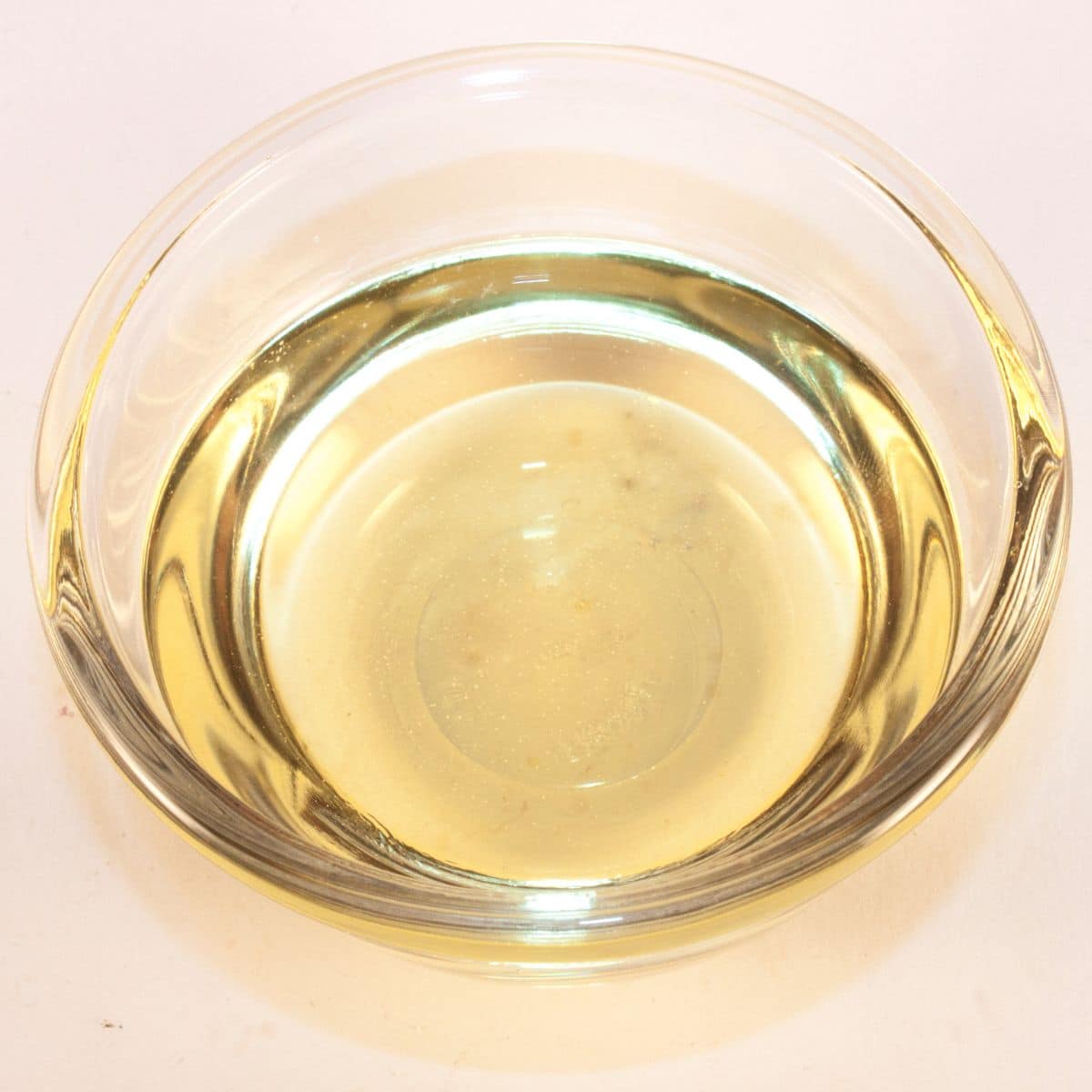
White wine vinegar is made from white wine and has a similar acidity level to champagne vinegar. It has a mild and slightly fruity flavor, making it an excellent substitute for champagne vinegar in most recipes.
White wine vinegar is commonly used in salad dressings, marinades, and sauces. It can also be used for deglazing pans and adding a touch of brightness to dishes.
However, it may have a slightly stronger flavor than champagne vinegar, so start with a small amount and adjust to taste.
2. Rice Vinegar (Acidity: 4-5%)
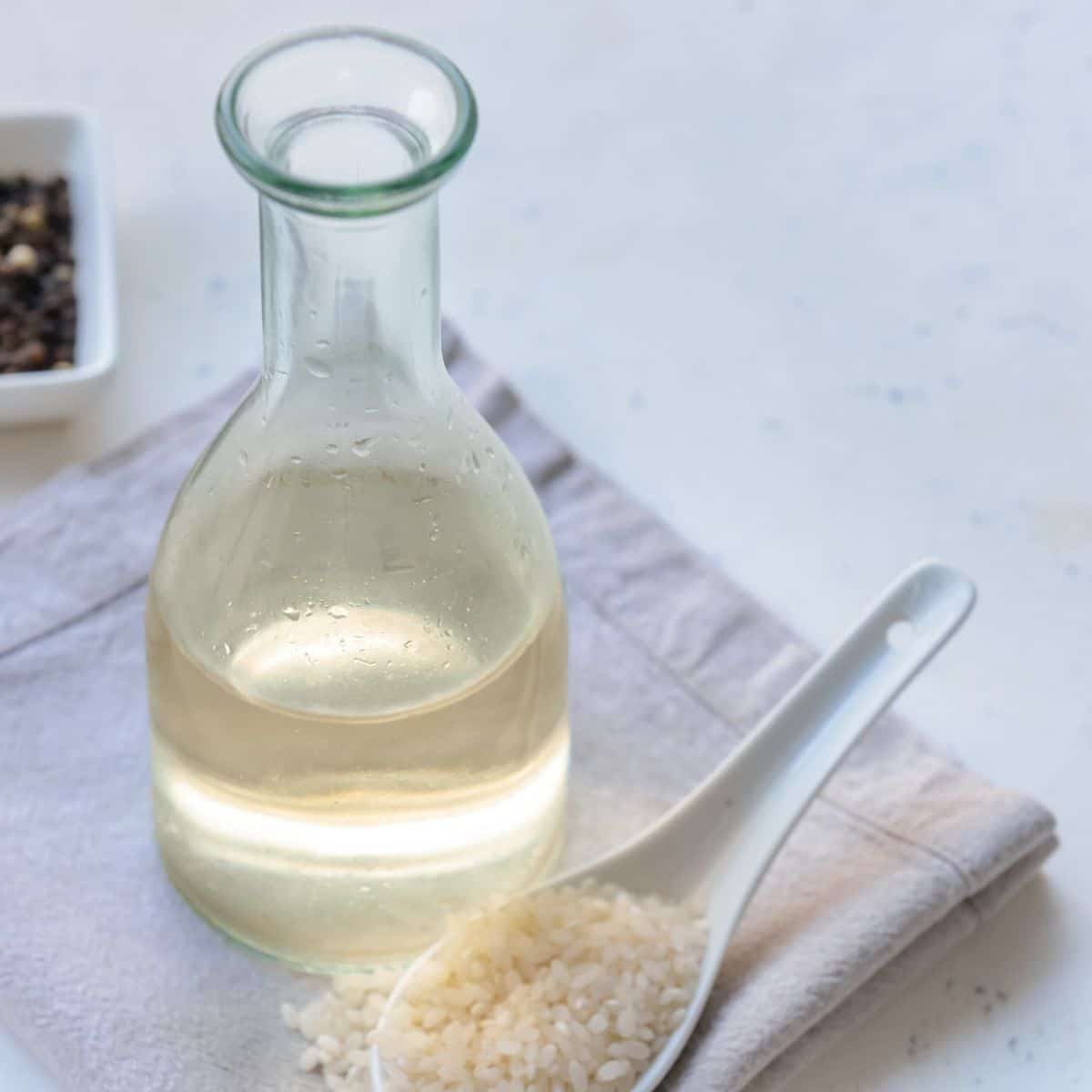
Rice vinegar, made from fermented rice, has a mild and slightly sweet flavor. Although its acidity level is slightly lower than champagne vinegar, it can still be used as a suitable substitute in many recipes.
Rice vinegar is popular in Asian cuisine, particularly in dressings and dipping sauces. To maintain a similar acidity level to champagne vinegar, you can mix rice vinegar with a small amount of white vinegar.
This combination will provide a balance of sweetness and acidity that closely resembles the flavor of champagne vinegar.
3. Apple Cider Vinegar (Acidity: 5-6%)

Apple cider vinegar is made from fermented apple cider and has a fruity, tangy flavor. Its acidity level is similar to champagne vinegar, making it a suitable substitute in many recipes.
Apple cider vinegar is versatile and can be used in salad dressings, marinades, and sauces. However, its flavor is more robust than champagne vinegar, so use it sparingly and adjust to taste.
4. Sherry Vinegar (Acidity: 5-7%)
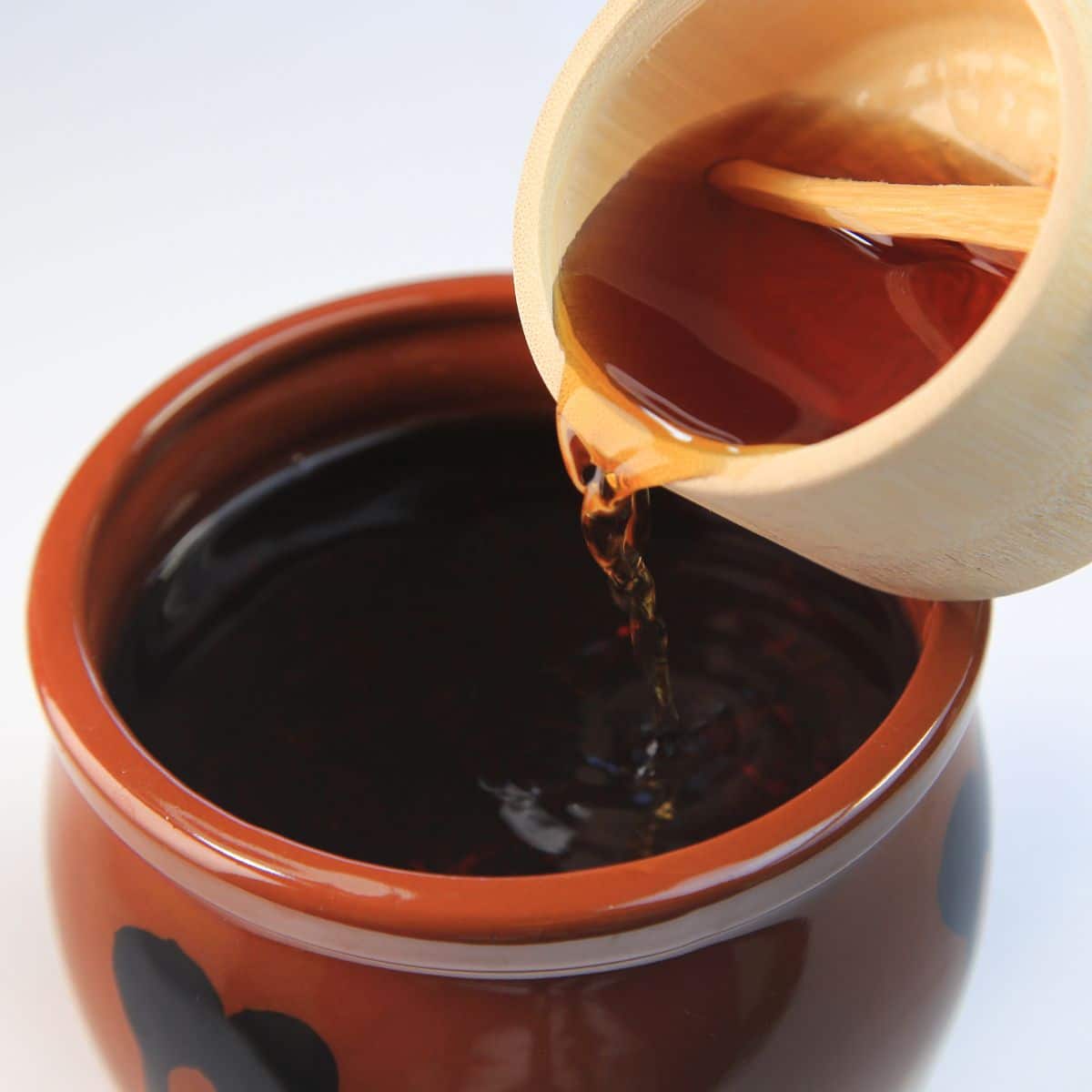
Sherry vinegar, made from sherry wine, is another great substitute for champagne vinegar. It has a similar acidity level and a complex, slightly sweet flavor.
Sherry vinegar works well in salad dressings, sauces, and marinades. Its unique flavor profile adds depth to your dishes, but it may be a bit more assertive than champagne vinegar. Start with a small amount and adjust according to your taste preferences.
5. Red Wine Vinegar (Acidity: 5-7%)
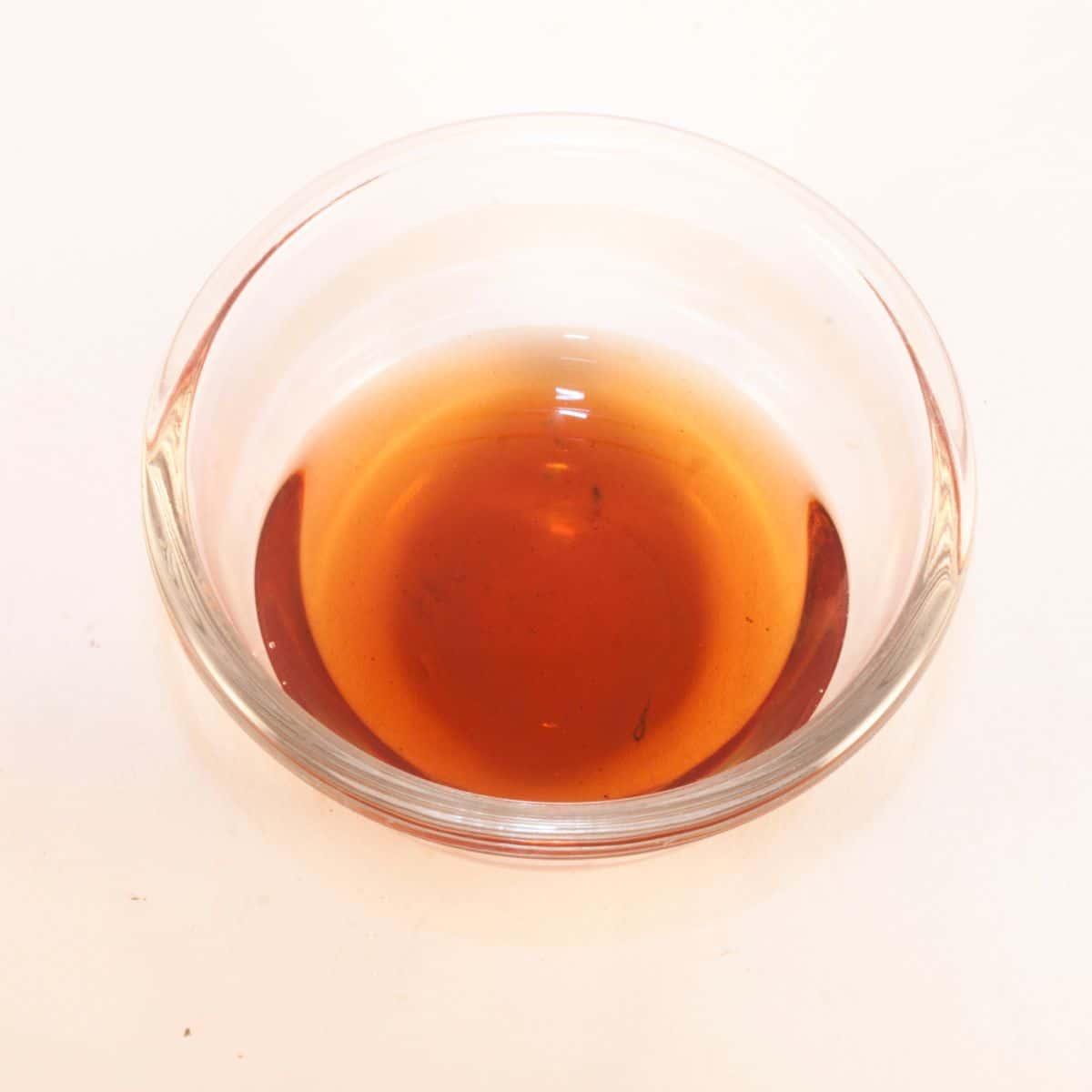
Red wine vinegar, made from red wine, has a similar acidity level to champagne vinegar, making it a viable substitute in many recipes. Its flavor is more robust and tangy compared to the delicate flavor of champagne vinegar.
Red wine vinegar works well in salad dressings, marinades, and sauces. However, its darker color may alter the appearance of your dish.
To minimize the color change, you can mix red wine vinegar with a milder, lighter-colored vinegar like rice vinegar or white wine vinegar. Start with a small amount and adjust to taste.
6. Lemon Juice (Acidity: 5-6%)

Lemon juice, with its bright and tangy flavor, can be used as a substitute for champagne vinegar in some recipes. While the flavor profile is different, the acidity level is similar, making it suitable for maintaining balance in your dish.
Lemon juice works well in salad dressings, marinades, and sauces where a citrusy flavor is desirable. To achieve a milder taste, you can dilute lemon juice with water or combine it with a milder vinegar like rice vinegar. Adjust the amount according to your taste preferences.
7. White Balsamic Vinegar (Acidity: 5-7%)
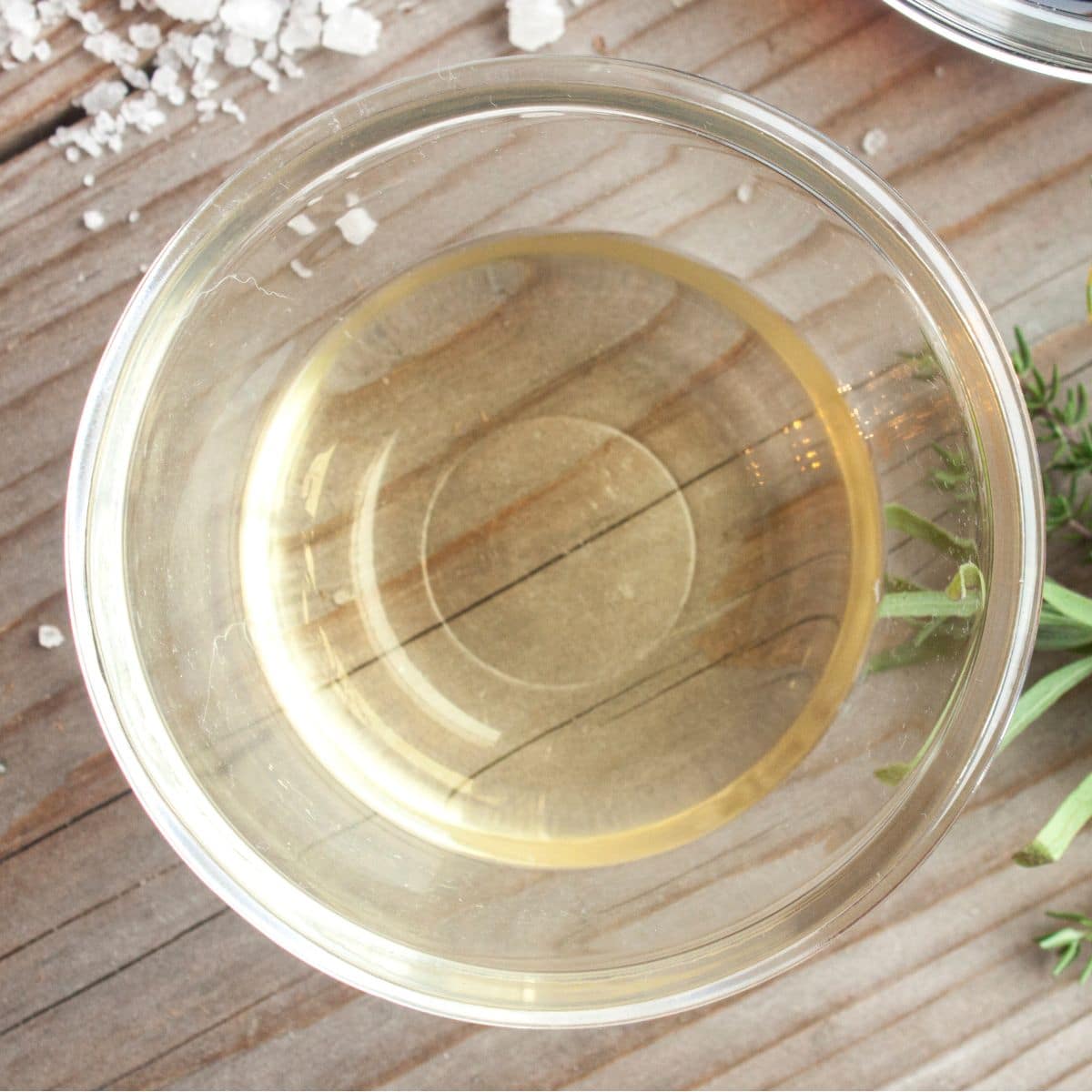
White balsamic vinegar, made from the same grapes as traditional balsamic vinegar but aged for a shorter period, has a lighter color and milder flavor. Its acidity level is comparable to champagne vinegar, making it a suitable substitute in many recipes.
White balsamic vinegar works well in salad dressings, marinades, and sauces. Its slightly sweet and tangy flavor adds depth to your dishes, but it may be a bit stronger than champagne vinegar. Start with a small amount and adjust to taste.
8. Prosecco Vinegar (Acidity: 5-7%)

Prosecco vinegar, made from Prosecco wine, shares many similarities with champagne vinegar due to its origin from sparkling wine. Its acidity level and flavor profile closely resemble champagne vinegar, making it an excellent substitute.
Prosecco vinegar works well in salad dressings, marinades, and sauces. Its light and fruity flavor makes it a suitable replacement for champagne vinegar without compromising the taste of your dish.
9. Chardonnay Vinegar (Acidity: 5-7%)

Chardonnay vinegar, made from Chardonnay wine, has a similar acidity level and a fruity, mild flavor that closely resembles champagne vinegar, which is often made from Chardonnay grapes.
Chardonnay vinegar is an excellent substitute for champagne vinegar in salad dressings, marinades, and sauces. Its light and fruity flavor makes it a suitable alternative without altering the overall taste of your dish.
10. Verjus (Acidity: 3-4%)
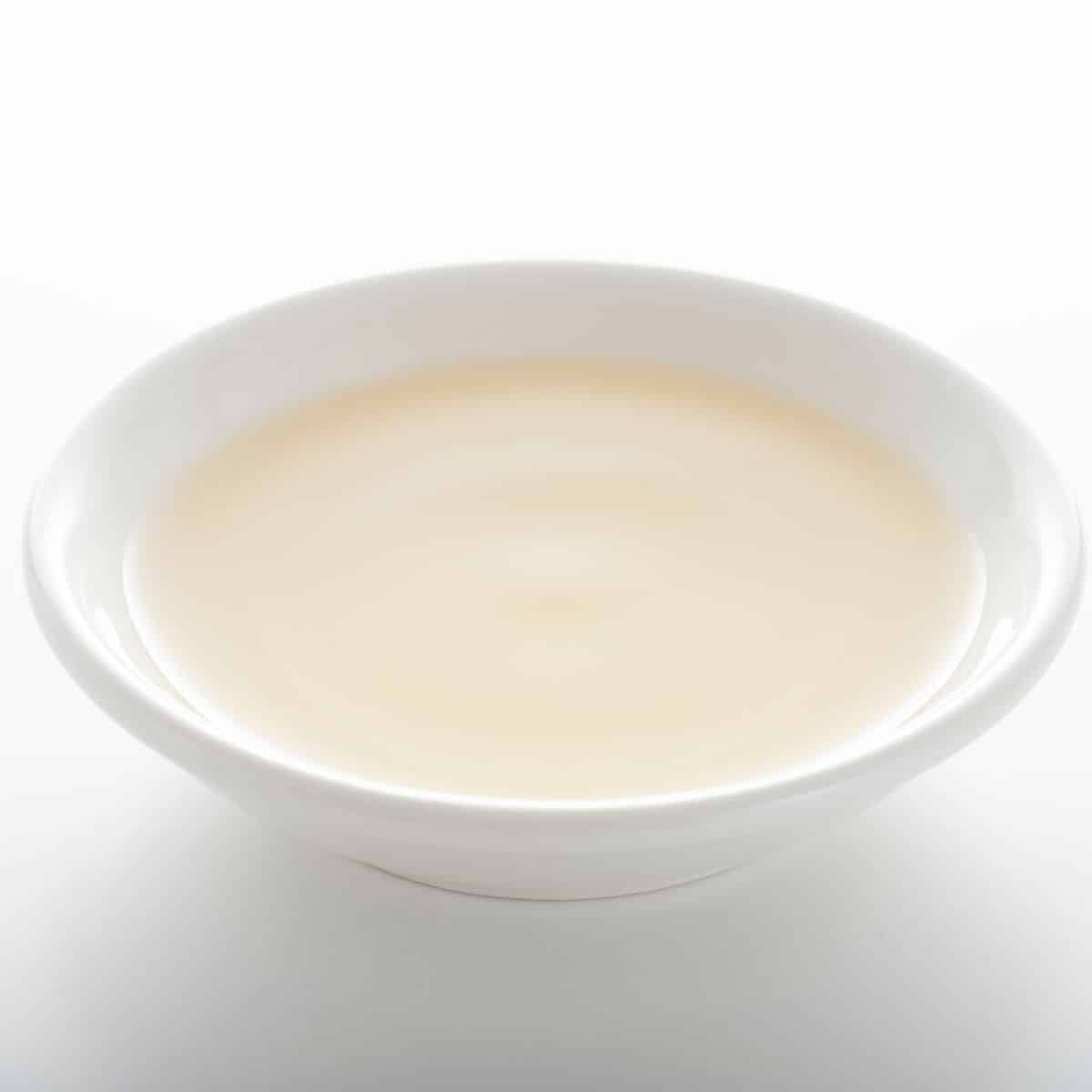
Verjus, made from unripe grapes, has a lower acidity level compared to champagne vinegar but can still be used as a substitute in some recipes. It has a mild, fruity, and slightly tart flavor.
Verjus works well in salad dressings, sauces, and marinades where a mild and fruity flavor is desired. To compensate for its lower acidity level, you can mix verjus with a small amount of a more acidic vinegar like white wine vinegar or lemon juice.
Conclusion
There are several suitable substitutes for champagne vinegar, each with its unique flavor profile and acidity level.
When choosing a substitute, consider the factors mentioned earlier and start with a small amount, adjusting to taste. With these alternatives, you can continue creating delicious dishes without sacrificing flavor or balance.